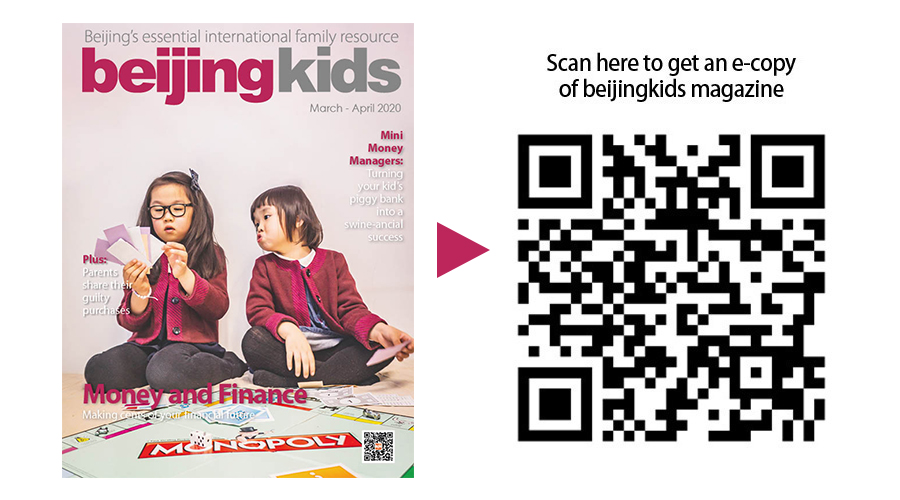Humans have been using cash for over 40,000 years, but now that we’ve entered the 21st century, money has undergone an inevitable change. All around the world, we are transitioning from traditional paper currency to what people call, a cashless society. And living in China, one of the leading countries in transitioning to a cashless country, thanks to the likes of WeChat Pay and Alipay, seeing these changes happen is something to watch.
As a child, I haven’t had much experience with using e-payment apps such as WeChat Pay or Apple Pay, but that enabled me to watch what was happening from the sidelines. According to ForexBonuses.org, China has undergone the highest growth in cashless payments over the last five years. In fact, when I first arrived in China, most people were still using cash to conduct payments. It wasn’t until three years later that my family decided to make the switch from cash and coins to cashless payments.
All of these things were new to me. Back in Singapore, my home country, conducting payments without cash was not all that popular. I still received pocket money in the form of cash, I paid for my food with cash, and never thought of the possibilities of today.
Hoping to find out how others of my generation view digital currency, I decided to ask a few of my peers what a cashless society meant to them.
When asked for his thoughts on living in a cashless society, Gerard S., year 9, told me, “It is much easier to pay without cash, since you don’t have to worry about not bringing enough money, and there’s no extra weight carrying my cash around.”
“I have found it much easier to use WeChat Pay,” expressed Elim K., year 7. “Although at first, I found it confusing and hard to use, it is quite easy to get used to, and it is more convenient than using cash in many ways.”
I later posted a survey on the Secondary School communications channel at the Yew Chung International School of Beijing (YCIS Beijing), asking about the forms of payment that are used in my school. Out of all the students that answered, 32% use WeChat Pay, whereas 1% choose to use Alipay, as opposed to using their student lunch cards.
Despite the allure of cashless societies, no country has transitioned completely to using no cash at all. Although there aren’t any countries that have fully made the switch to a cashless society, there are many that are rapidly having their population adapt to conducting cashless payments. For some people, going cashless might seem ideal, but for others, it could be a complete nightmare. Either way, only time will tell if a country decides to make the move to go completely cashless, and what exactly that will look like.

Gabriel Low is a year 7 student at Yew Chung International School Beijing (YCIS Beijing). Originally from Singapore, he has lived in Beijing since 2015 and is currently contributing to beijingkids as a student correspondent.
 This article appeared in the beijingkids 2020 March – April issue
This article appeared in the beijingkids 2020 March – April issue



